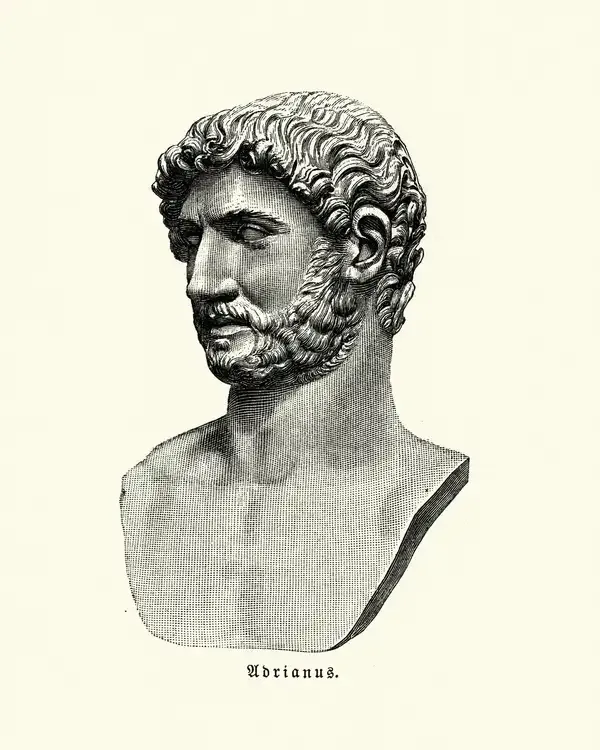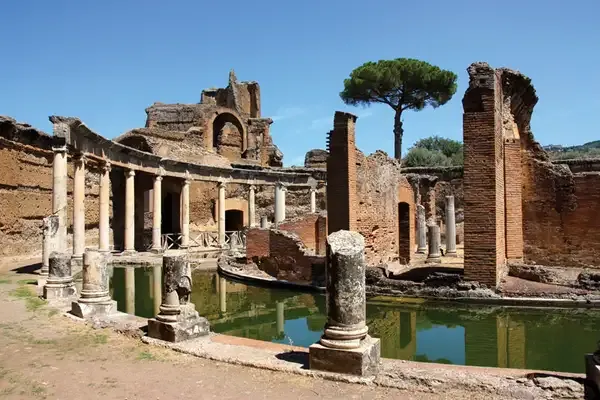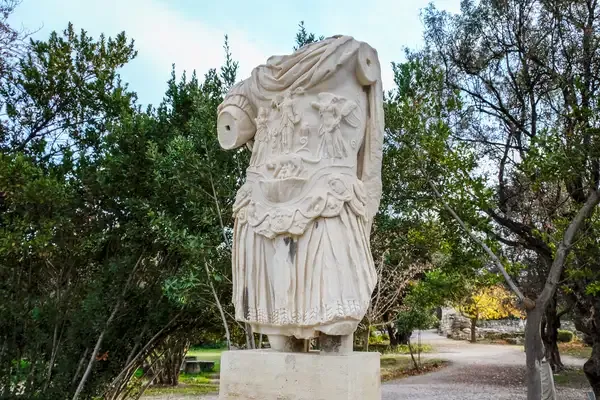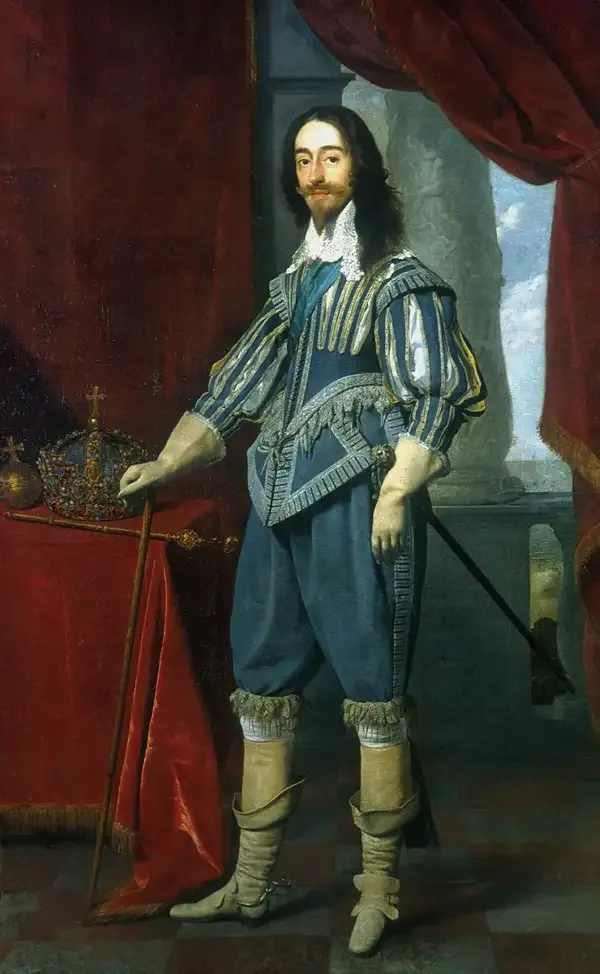Why Does the New Year Start on January 1?
The New Year begins on January 1 due to the Gregorian calendar, introduced by Pope Gregory XIII in 1582, which reformed the Julian calendar. The choice of January 1 aligns with Roman traditions; it honors Janus, the god of beginnings, whose two faces symbolize looking back at the past year and forward to the new one. This date was solidified as the start of the new year, and its adoption spread globally over time.
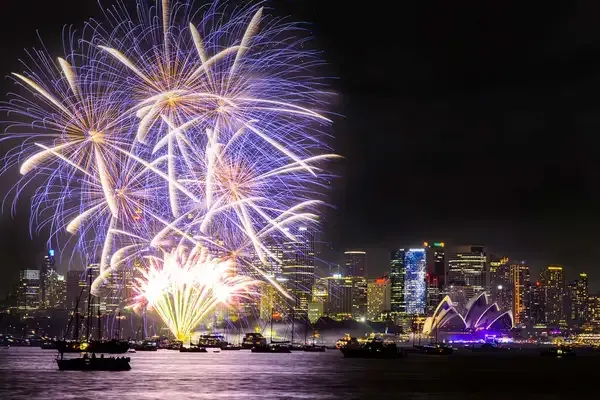
The Historical Significance of January 1
The choice of January 1 as the start of the New Year has deep historical roots. The early Romans originally celebrated the New Year in March, marking the arrival of spring. However, in 46 B.C., Julius Caesar reformed the calendar system, introducing the Julian calendar which established January 1 as the start of the new year. This change was meant to align the calendar with the solar year and to grant a more accurate reflection of the seasons.
The Gregorian Calendar Reform
Fast forward to 1582, Pope Gregory XIII introduced the Gregorian calendar, which corrected inaccuracies in the Julian calendar. This reform reaffirmed January 1 as the New Year’s Day, and many countries gradually adopted this calendar. The Gregorian calendar is now the most widely used civil calendar in the world, further solidifying January 1 as the official start of the New Year.
Global Celebrations on January 1
Different cultures celebrate New Year’s Day in various ways, but many share common themes of renewal and reflection. For instance:
| Country | Celebration |
|---|---|
| United States | Fireworks and Times Square Ball Drop |
| Japan | Shōgatsu with family gatherings and special meals |
| China | Chinese New Year, which varies in date but has significant cultural importance |
This variation in celebrations highlights the significance of January 1 as a day of renewal, hope, and new beginnings.
Symbolism of the New Year
January 1 represents a fresh start for many individuals. The concept of ''New Year resolutions'' has become a popular tradition, where people set goals for self-improvement. This tradition underscores the psychological aspect of marking time and the human desire for growth and change.
Modern-Day Observances
In contemporary society, January 1 has evolved into a day of reflection and celebration across the globe. Many people engage in various activities to mark the occasion, such as:
- Hosting parties and gatherings
- Attending parades and events
- Participating in cultural rituals
These activities not only foster a sense of community but also highlight the universal desire to start anew, making January 1 a significant date in many cultures.
The Economic Impact of New Year’s Day
January 1 also has notable economic implications. Retailers often capitalize on the New Year’s shopping spree, offering significant discounts and promotions. This period is vital for various sectors, including:
| Sector | Impact |
|---|---|
| Retail | Increased sales and consumer spending |
| Travel | Surge in bookings for vacations and getaways |
| Fitness | High enrollment in gyms and fitness programs |
These sectors thrive on the atmosphere of optimism and renewal that January 1 brings, showcasing its importance beyond mere celebration.
Conclusion: Embracing the New Year
The choice of January 1 as the start of the New Year is steeped in history, culture, and tradition. It serves as a reminder of the passage of time and the opportunities that lie ahead. As individuals and communities come together to celebrate this day, they embody the spirit of hope and renewal. Whether through traditional festivities, personal resolutions, or economic activities, January 1 remains a significant date that resonates with people around the world.
In summary, understanding why the New Year starts on January 1 allows us to appreciate the cultural, historical, and economic aspects of this pivotal day. From ancient Rome to modern celebrations, January 1 continues to be a symbol of new beginnings and possibilities.



